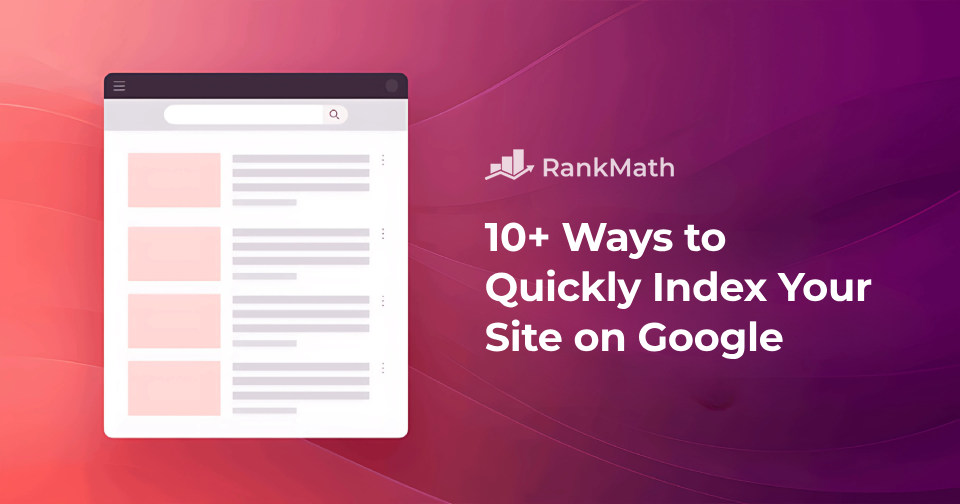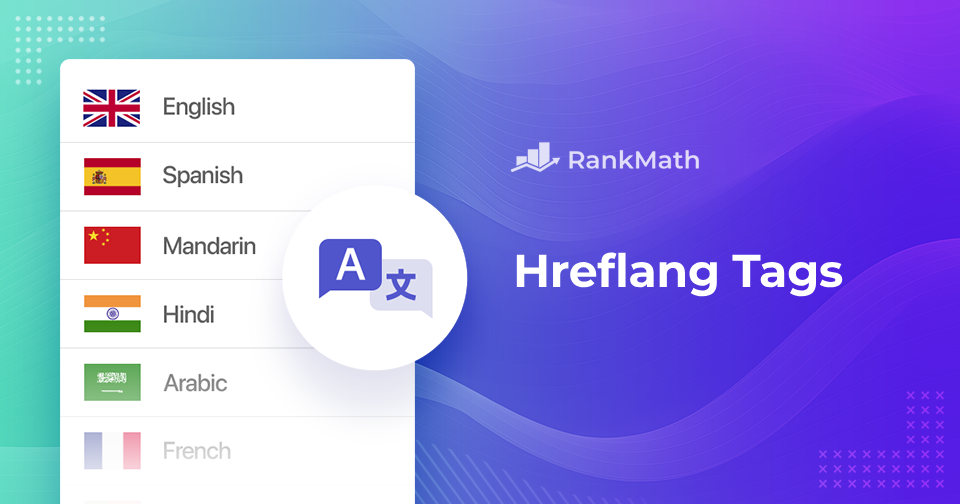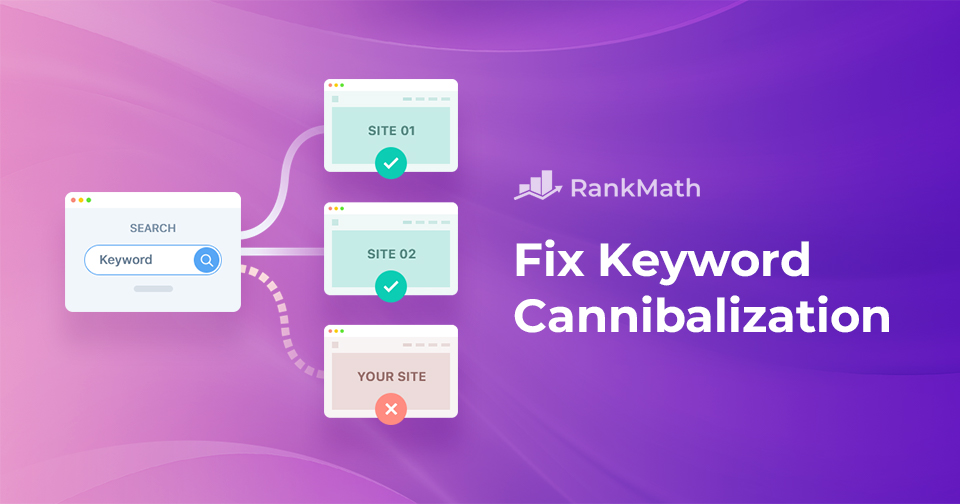10+ Ways to Quickly Index Your Site on Google
When you launch a new website or publish fresh content, the last thing you want is to wait days—or even weeks—for Google to notice it.
I’ve been there, hitting refresh on Search Console, wondering when my pages will finally show up.
The truth is, you don’t have to just wait and hope. There are several proactive steps you can take to speed up the indexing process.
In this post, we’ll walk you through 10 effective ways you can quickly get your site indexed by Google, so your content can start ranking and driving traffic as soon as possible.



![Google Search Operators [Complete List]](https://rankmath.com/wp-content/uploads/2024/02/Google-Search-Operators-960x504-1.png)



